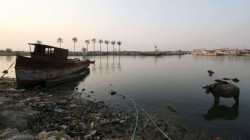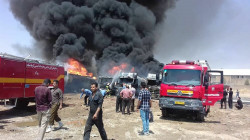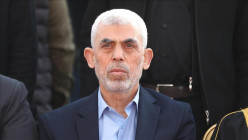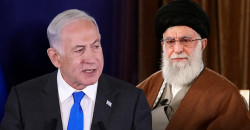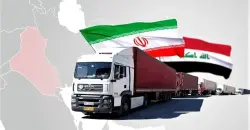Iran: Iraqis can solve problems through dialogue
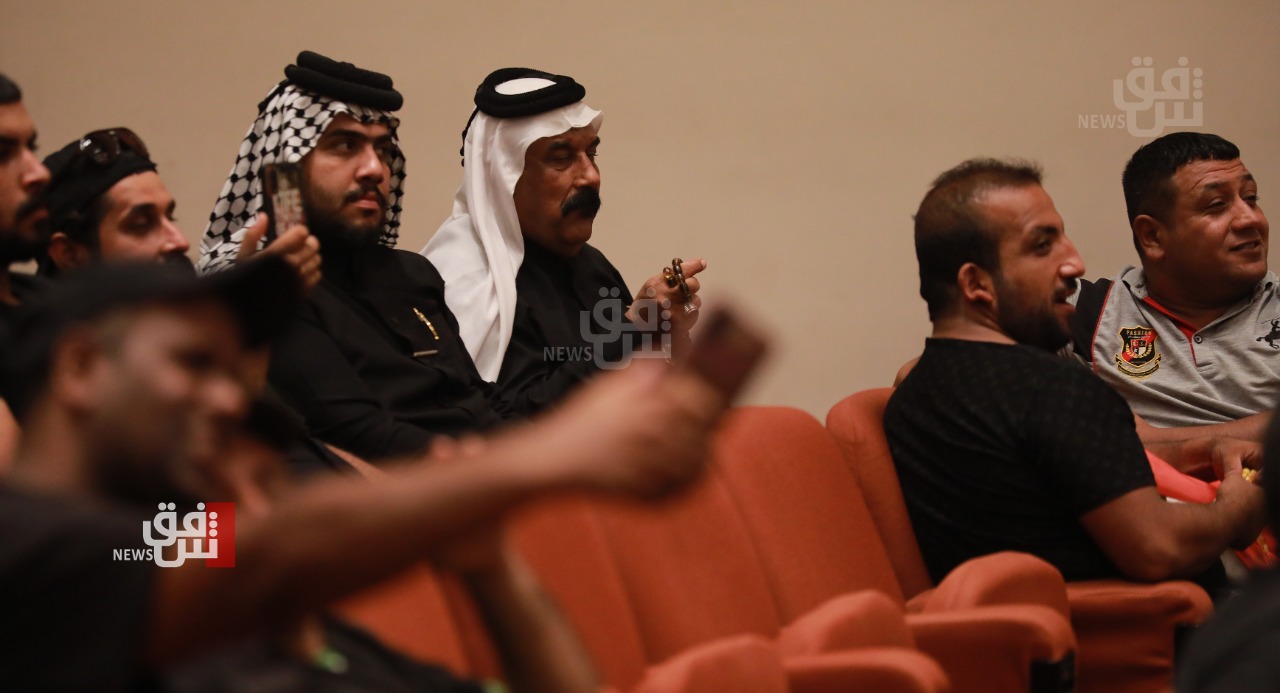
Shafaq News/ The Iranian Foreign Ministry deemed the developments in Iraq an "internal affair," stressing that the Iraqi parties and currents can overcome this stage.
Commenting on the latest events in Iraq, and counter calls from Muqtada Al-Sadr and the Shiite coordination Framework, to demonstrate in the Green Zone.
Iranian Foreign Ministry spokesperson Nasser Kanaani said, "Iraq is a significant and important neighbor country, and we follow up and monitor developments in Iraq carefully."
He added that the Islamic Republic believes that the security of Iran and Iraq are related and that the Iraqi political parties "can overcome the crisis by following peaceful and legal procedures."
"We used to and still respect the Iraqi people's choice and do not interfere in their internal affairs, but we believe that dialogue is the best way to resolve differences," Kanaani added.
"We are confident that the Iraqi people are conscious and will overcome this situation with wisdom." He concluded.
The Iraqi street is awaiting what will happen to the situation in the capital, Baghdad, after counter calls from the leader of the Sadrist movement on the one hand and the forces of the Shiite coordination framework, on the other hand, to demonstrate in front of and inside the green walls.
Tensions have worsened since an October election in which al-Sadr's movement emerged as the biggest bloc with 74 of parliament's 329 seats.
After failing to overturn the result in the courts, the Iran-backed factions set about stymying al-Sadr's efforts to form a government that would include his Kurdish and Sunni allies but excludes groups he described as corrupt or loyal to external forces.
Despite their diminished numbers in parliament, the Iran-aligned groups managed to frustrate al-Sadr by denying the two-thirds quorum needed to elect a Kurdish head of state - the first step towards forming a government.
Frustrated at the deadlock, Sadr instructed his lawmakers to quit parliament in June. The move ceded dozens of seats to the Coordination Framework, meaning it could try to form a government of its choosing, though this would risk al-Sadr's wrath.
Al-Sadr's rivals then floated a candidate, Mohammed Shia al-Sudani, seen by al-Sadr's supporters as a Maliki loyalist. This step appears to have been the final straw for Sadr supporters, igniting the protests.
In a statement he issued earlier today, al-Sadr, the arch-foe of the Shiite Coordination Framework, instructed his followers to push for a complete overhaul of the political system, including a new constitution, and expel the country's elites whom he condemned as "corrupt."
